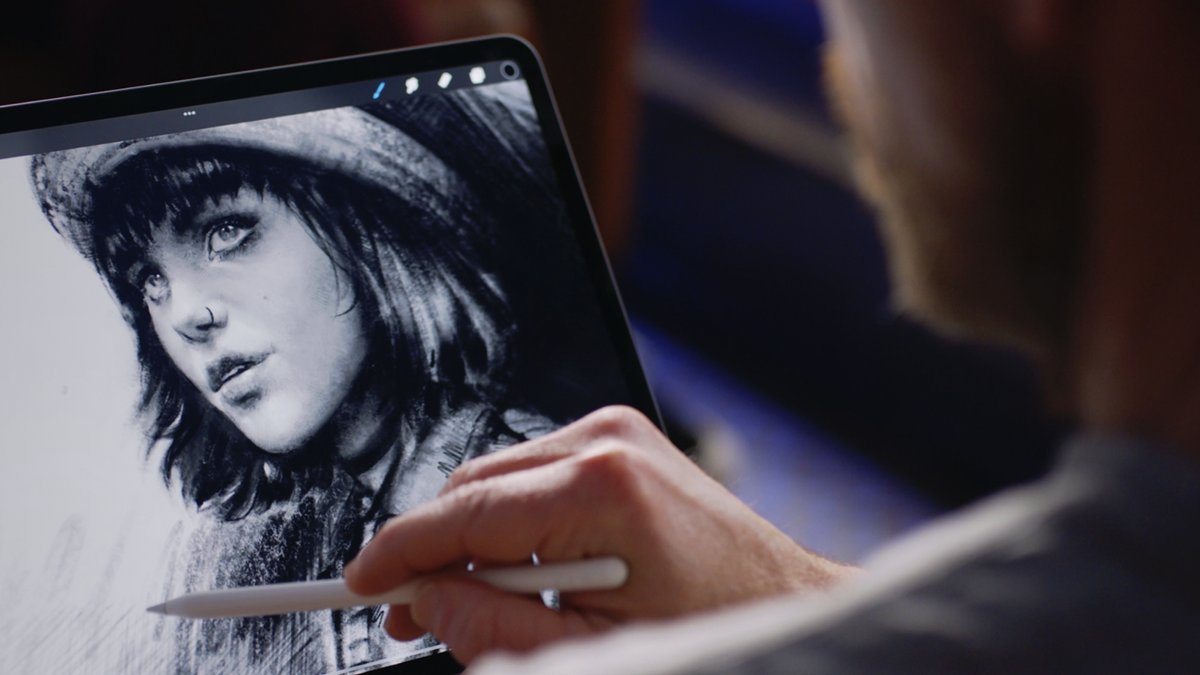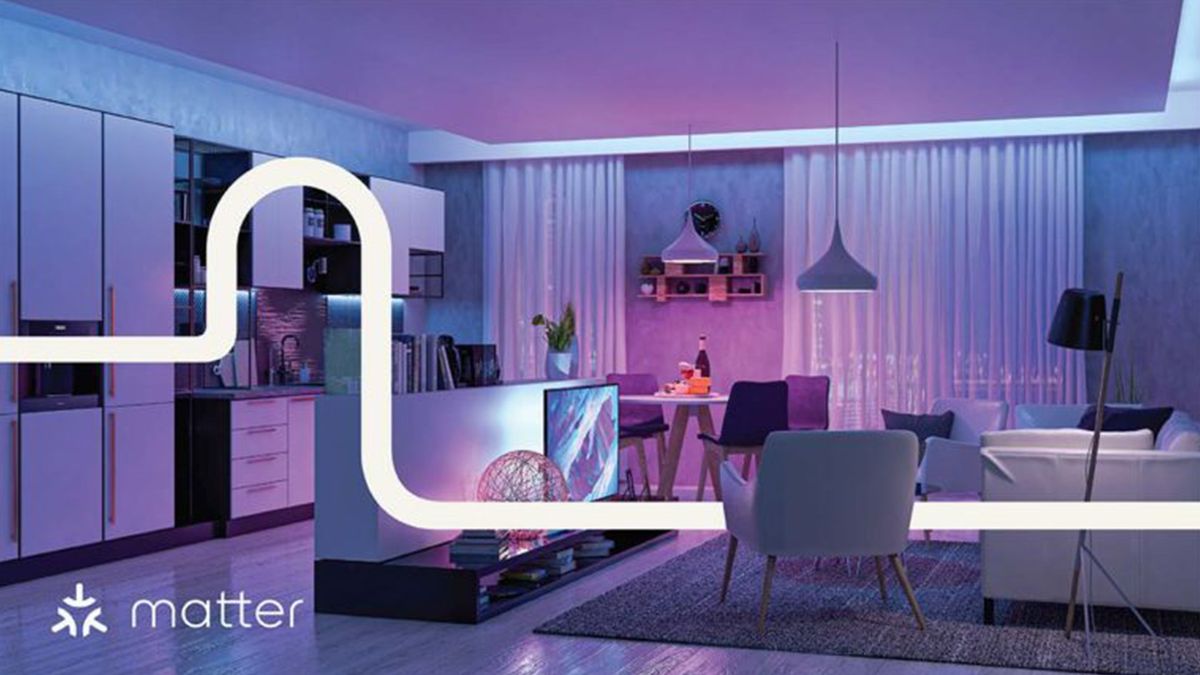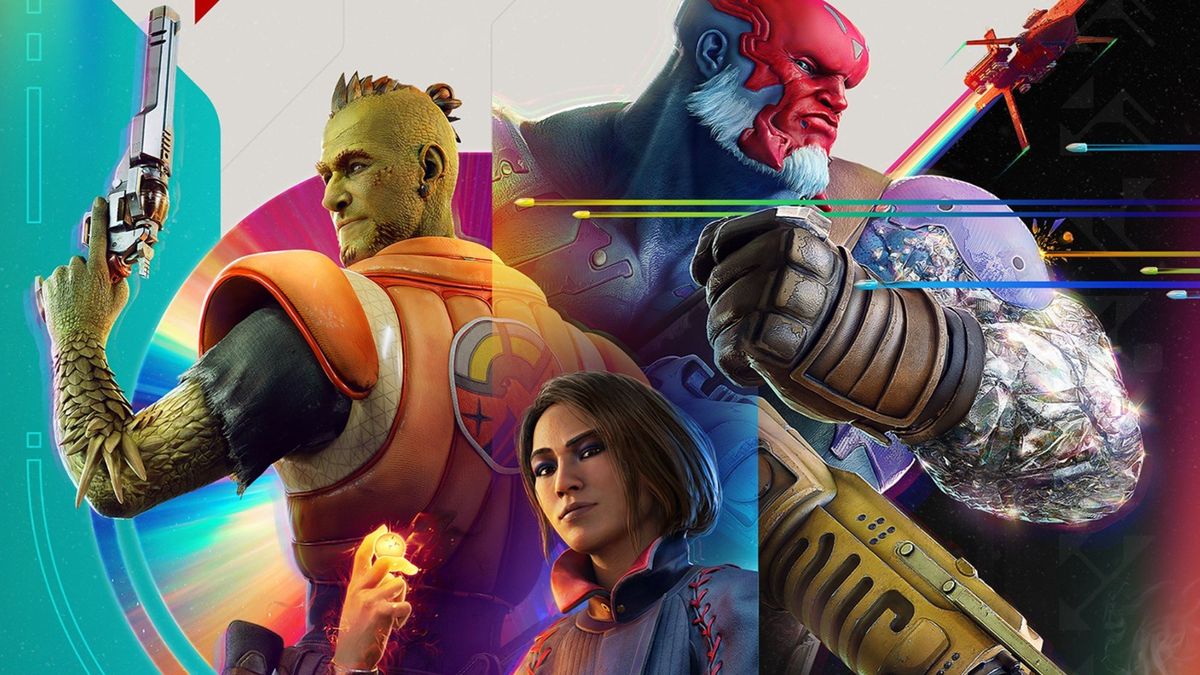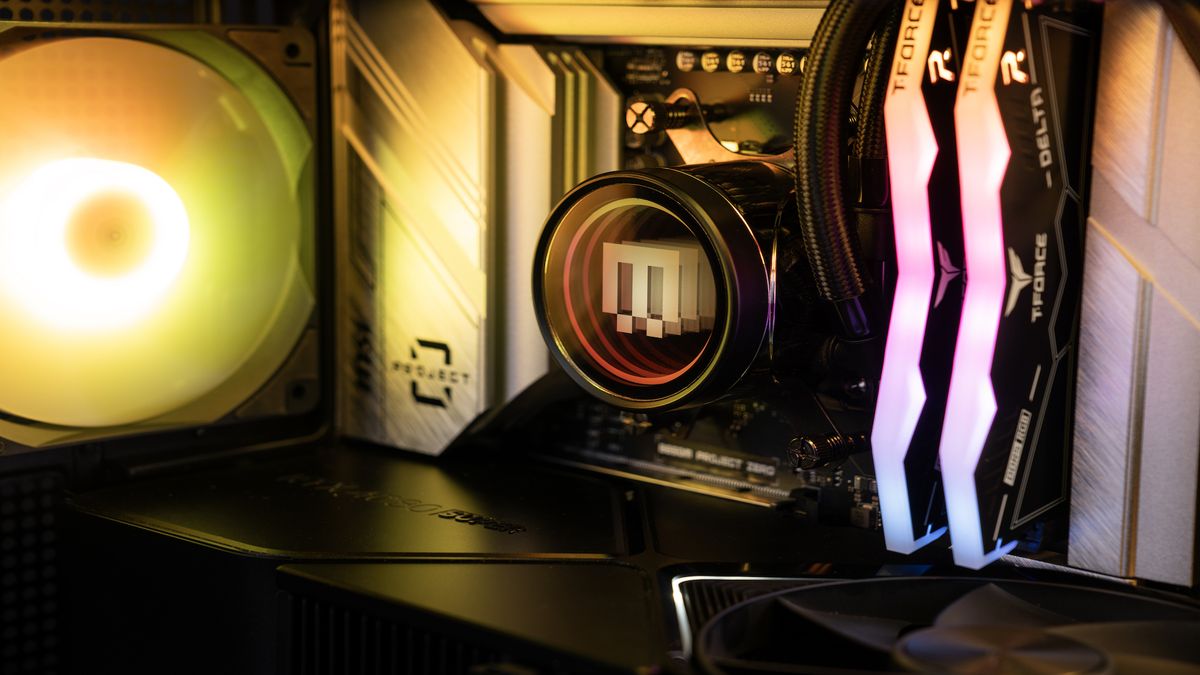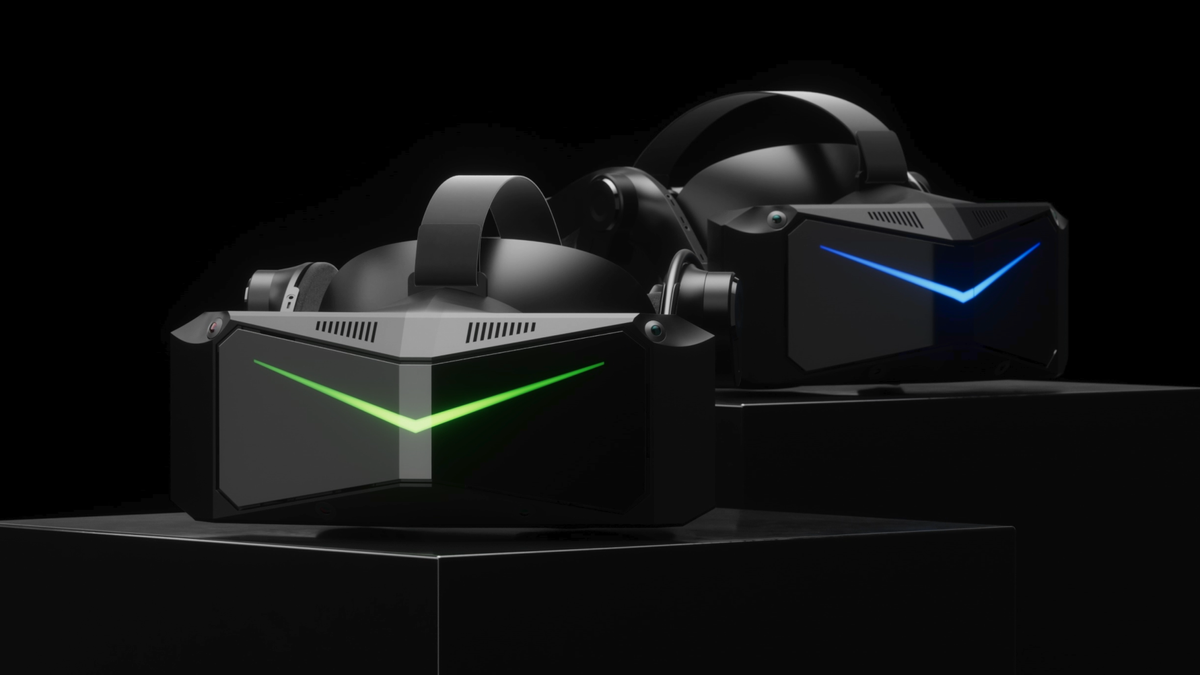Popular digital art app Procreate has taken a strong stance against generative AI in its features and in art in general. The decision stands in stark contrast to the rapid move by Adobe and other developers toward incorporating AI across all of their platforms. One of the biggest problems is that AI image creators like Midjourney, OpenAI’s DALL-E, and Stability AI rely on large-scale scraping of online content, including copyrighted works, to train their models. This practice has led to legal challenges, including a copyright infringement class-action lawsuit against several AI companies.
Procreate has been a staple for digital artists since its launch in 2011, and has received praise for its interface and tools focused on Apple’s iPad. Artists can create complex, high-quality illustrations using touchscreens and styluses through Procreate, but that will never extend to AI features. The company and CEO James Cuda have made it very clear what they think about that.
“I hate generative AI. I don’t like what’s happening in the industry and I don’t like what it’s doing to artists,” Cuda said in a video posted on social media about the decision. “We’re not going to introduce any generative AI into our products.”
Artistic combat with AI
The point of the announcement, according to Procreate, is to resist AI because it breaks the integrity of human-powered artistic processes. Procreate believes that adding AI-generated content would undermine the creativity that is the cornerstone of its success. There are many in the art and illustration world who agree and have expressed their appreciation for Procreate’s decision. There has been frustration among artists at how AI-powered platforms seem to exploit their work without consent or payment. The outcry has had some effect on brands testing AI image makers. For example, illustration app Clip Studio Paint cancelled plans for an AI image generator in 2022 after a wave of complaints from its user base.
And while Adobe has built several generative AI features into its product platforms, it hasn’t been immune to criticism. When Adobe quietly updated its terms of service agreement in a way that seemed to suggest it would leverage user-created content to train AI models, there was widespread furor and even promises of a boycott. Adobe clarified that it doesn’t train AI on customer content, but still felt the need to amend its terms of service to underscore that fact.
And the rapid adoption of AI on other platforms shows that not all artists agree that generative AI is not inherently at odds with human creativity. AI tools can be seen as simply another source for bringing ideas to the digital canvas, facilitating creation rather than supplanting it.
More cynically, the out-loud statement positions Procreate as an alternative to Canva, Adobe, Figma, or any other illustration platform that is embracing AI to one degree or another. Procreate can claim to be an ally to its artists who reject AI tools in ways others cannot. Still, the legal and regulatory battles over AI image makers are far from over. The results might mean Procreate seems prescient or opinionated, but it will undeniably have a place in history as a whole.
“Our products are always designed and developed with the idea that a human being will create something,” Cuda said. “We don’t know exactly where this story will go or how it will end, but we believe we are on the right path to supporting human creativity.”

